Istanbul Railway Museum at Sirkeci Terminal
The legendary luxury train passage is commemorated with a charming museum inside its former eastern terminus.
The wondrous endpoint of the famed Orient Express exists within an operational train station in the middle of Istanbul. Hidden inside this bustling junction is a tiny, free museum dedicated to Turkish rail transport, with some mention of the Orient Express, from an age when the journey was just as important as the destination.
Approaching Istanbul’s Sirkeci Station is a treat unto itself: the original, colorful stained glass rounds embedded in the building’s Oriental-Gothic façade hasn’t changed a bit since German architect August Jasmund saw to its completion in 1890. The vaulted ceilings tower above, with chandeliers dangling from their centers. Yet tucked in a corner is a modest one-room museum that pays slight homage to one of the most storied rail lines of all time: the Orient Express.
Transporting the wealthiest, intrepid members of society from Paris to Istanbul starting in the Age of Exploration all the way until 1977, the Orient Express developed a prestigious reputation for luxury and class. With fabulous passengers, exquisite journeys, and spectacular destinations, it’s no wonder it took juggernauts like high speed rail and modern air travel to fell a giant like the Orient Express.
When all was said and done, the folks at its former eastern terminus saw fit to build a small temple to the train’s greatness. Though only one room large, the museum we see today is a collection of baubles, with several lifetimes of stories. From the history of the line’s planning stages – replete with entertaining documents detailing negotiations such as whether the Sultan would be amenable to tracks running through his palace gardens (spoiler: he was!) – to tangible analog artifacts from the train we’ll never get to ride on, the museum covers a lot of ground in it’s small space.
A mannequin sporting an original conductor’s uniform greets visitors at the door. To his right, a few pieces of fine silverware graces a faux dining car table with a diorama of European countryside painted out a window, adjacent to furniture (and a piano!) pulled from stations along the route. Displays of signage and markers surround collections of artifacts of old technology – from telegraphs and switchboards, to field telephones and watchman’s clocks – illustrating just how laborious and hands-on the process of achieving such a pinnacle of service had once been. A chopped engine has even been placed inside the room, allowing guests to stand in the engine command, turning the wheel and tinkering with the knobs while gazing out the museum’s front door at trains that actually do things.
The museum’s lone attendant is on the reserved side, but full of knowledge and forthcoming once you get him going. After traveling so far in one’s mind, round out the museum visit by strolling out the door and down the platform to the Orient Express restaurant, where their traditional Turkish fare hasn’t changed a bit since the days when they served actual passengers, weary from long train journeys from Paris.










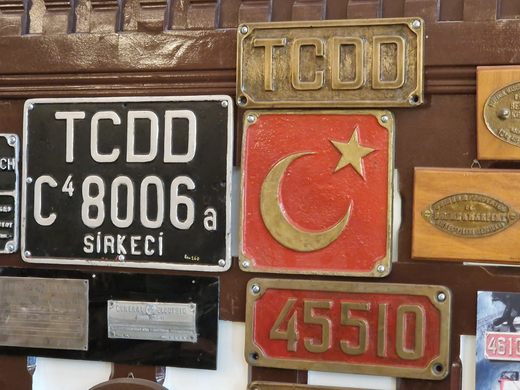

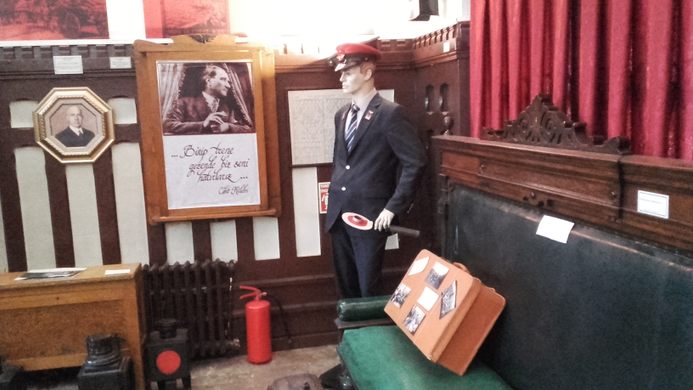
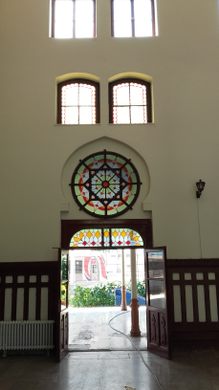
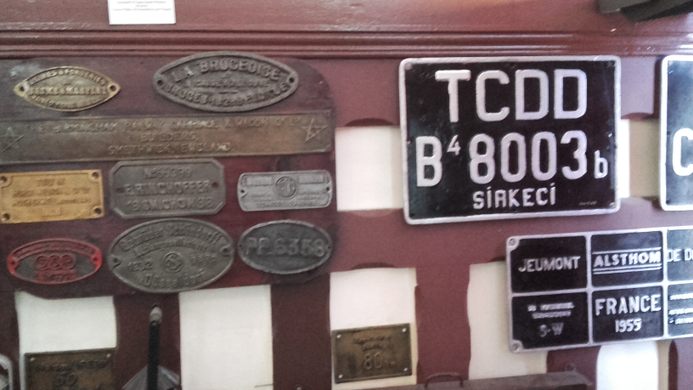
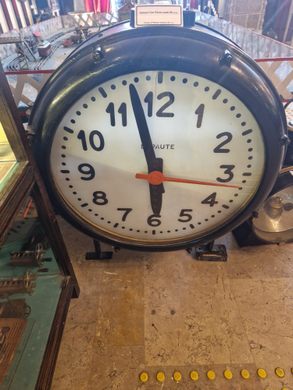










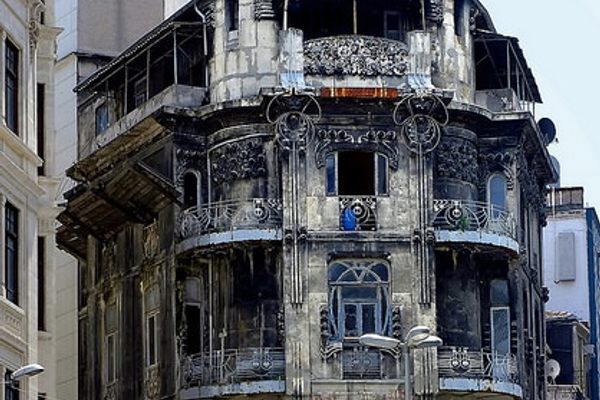

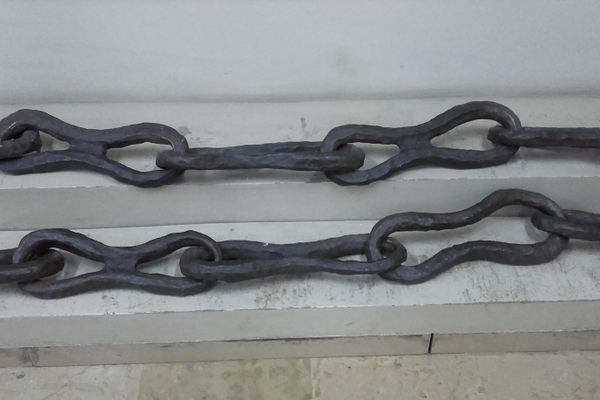

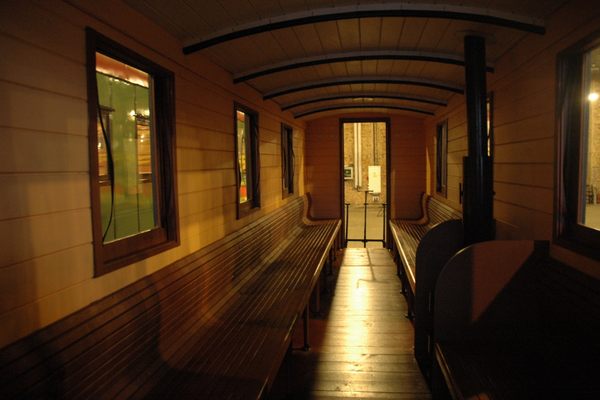




Follow us on Twitter to get the latest on the world's hidden wonders.
Like us on Facebook to get the latest on the world's hidden wonders.
Follow us on Twitter Like us on Facebook